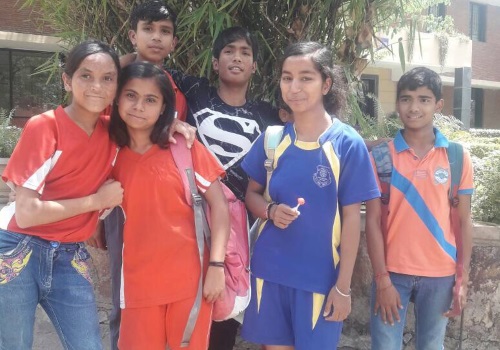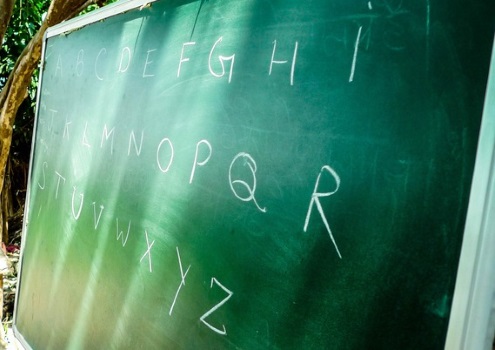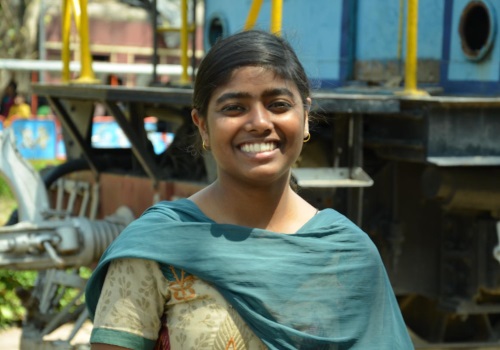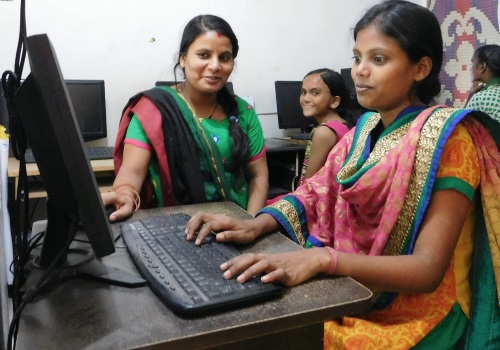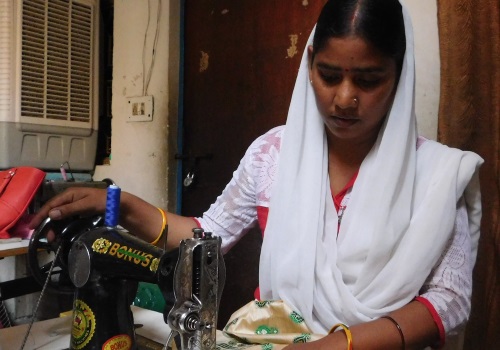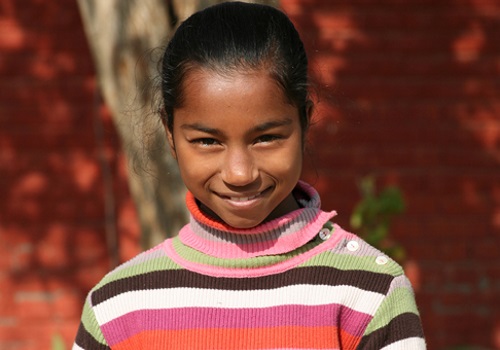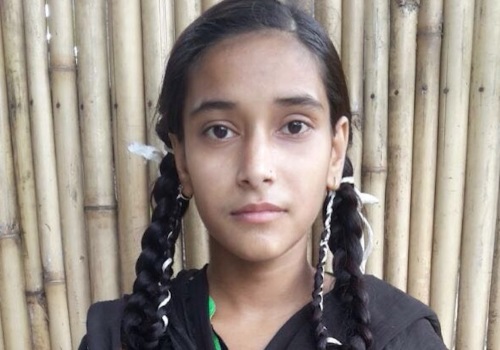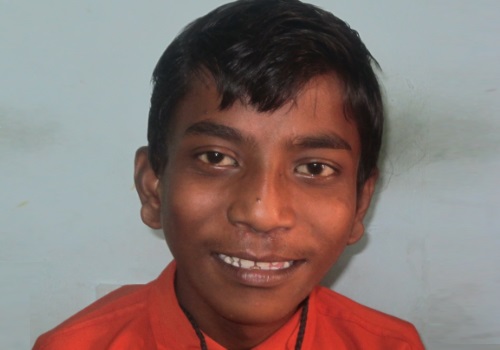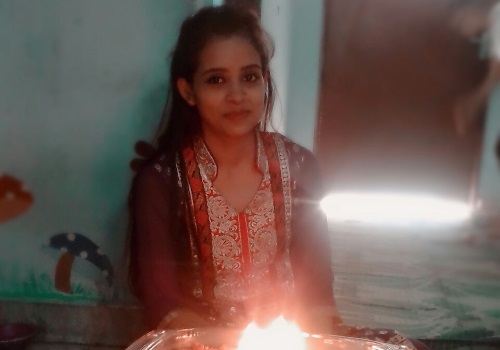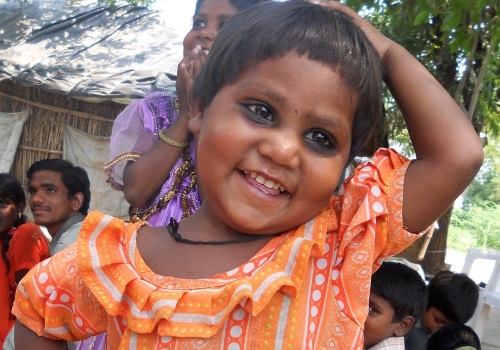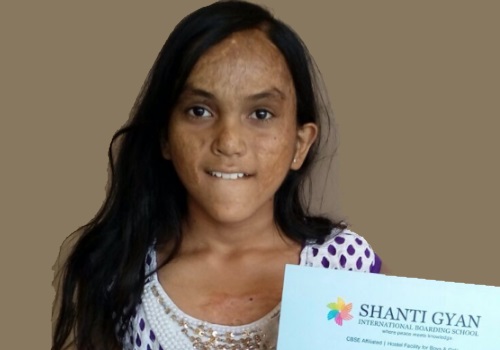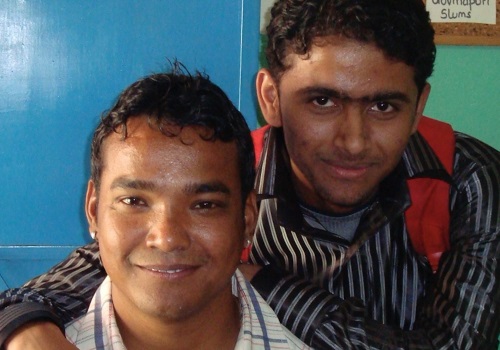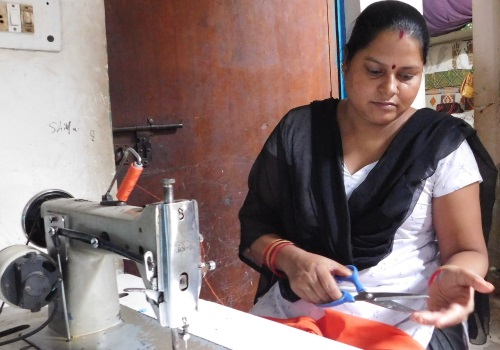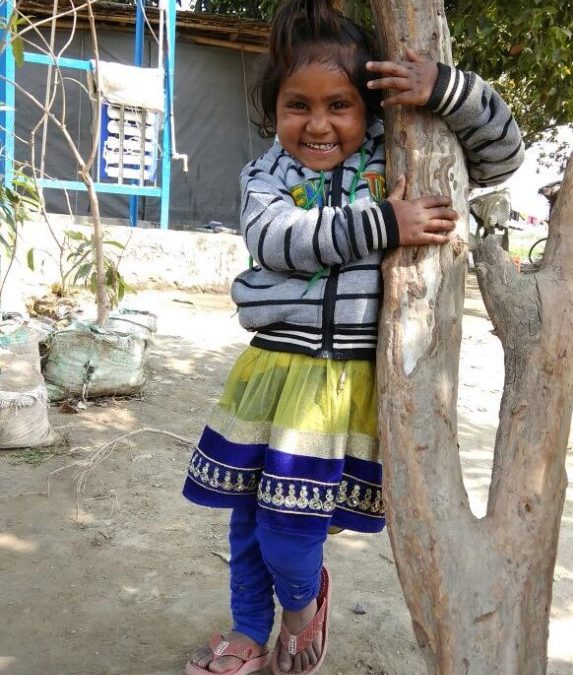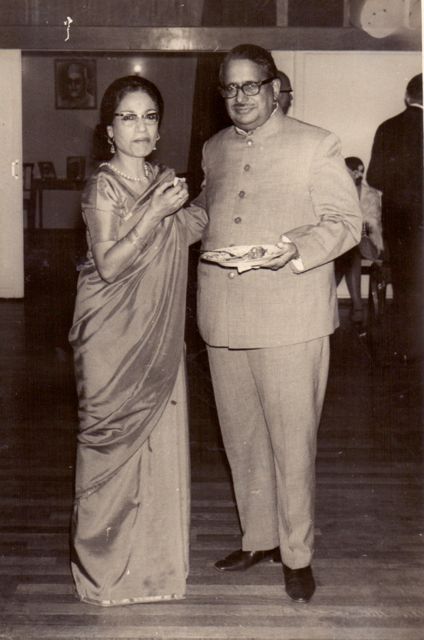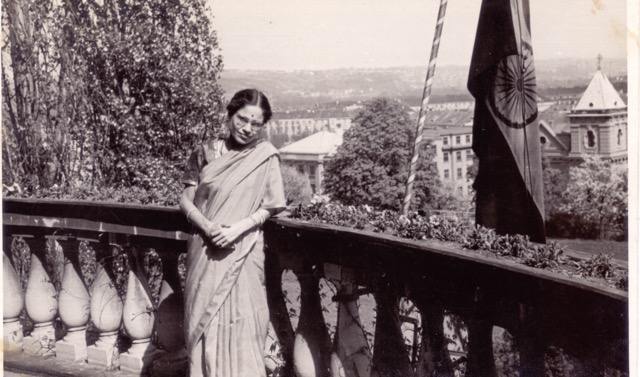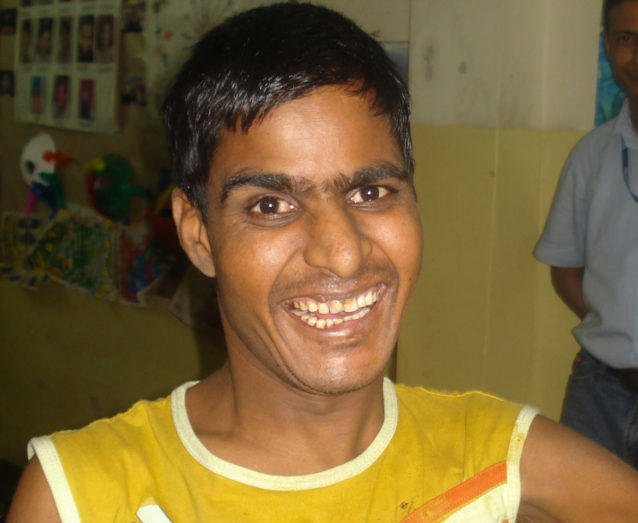(Posting a series of success stories from the compilation The Project Why Stories 2000-2016)
Project WHY’s journey starts with the story of Manu, a boy with special needs who the founder of Project WHY, Anouradha Bakshi, came across one fateful summer day in 2000. Manu was clad in rags, disheveled and filthy, limping and begging on the streets, crying out for help at being bullied and abused.
Manu wasn’t born a beggar. He came from a family that lived within its humble means – his siblings went to school, his father had a Government job and his mother loved him. An alcoholic father and his special needs were his only challenges. But after his mother’s death, and his sisters moving away after marriage, he was pushed to the streets, and often spent his days without anything to eat. His brother’s wife use to send him begging for a few coins. People fed him and treated him like a street animal, his father’s friends abused him, and kids pelted him with stones.
When Anouradha Bakshi answered his call for help that day in May 2000, in the streets of Giri Nagar, a journey began for both of them that would last ten years. The initial efforts were in finding an institution to take care of him, but with no success in that endeavor, a rented place in Manu’s locality was arranged – a larger plan slowly enfolded called Project WHY. Manu was the reason that really made Anouradha take the road less travelled.
Anouradha made herself a promise she would only reveal much later: Manu would have a home, a bed to sleep in, friends to share a meal with and even a TV.
Project WHY grew as a space to support underprivileged school children. Every day, the organization gained trust and working became better every year, especially for Manu. He was bathed, fed and had his own bed in the verandah of what was then our Project WHY office. And in 2002 when we launched our class for special kids, he was Roll number 1!
Some would perhaps think that was game over…Manu was given a TV and a place to stay. But not for the vision Manu provided or set for Project WHY. The challenges that had been addressed gave Project WHY the audacity to start dreaming big, …very BIG!!! Dreams of a long-term, sustainable future for children like Manu – The dream of Planet WHY. The first plan in this was to give Manu and his friends a place in which they could grow old and die in dignity. The idea of a green building, with terracotta bricks and old style flooring and many widows to let light and breeze in. It would be Manu’s home and workplace as he would be able enough to learn gardening or a skill. Land was bought, architectural plans made and Project WHY started looking for funds.
On January 7, 2011, Manu tiptoed out of Project Why’s and Anouradha’s life after having had a cup of tea and his favorite biscuits. It is only after his death that the true meaning of Manu’s life emerged. As Anouradha puts it, the biggest lesson Manu taught the family of Project WHY is to “never judge a child by their appearances and also believe that each and every child is special”. No life, however miserable, wretched or seemingly hopeless, is meaningless. Every life has a purpose.
Manu’s legacy is huge. If not for him, there would not have been a Project WHY. If not for him, so many lives would never have been transformed, be it the now thousands of children who have had access to education, the scores of kids with repaired hearts, the many hopeless souls who now have dignified employment, the bunch of disabled kids who now spend their day happy and so on. Manu was born to conjure miracles.
In true homage to Manu, Project Why lives on.
